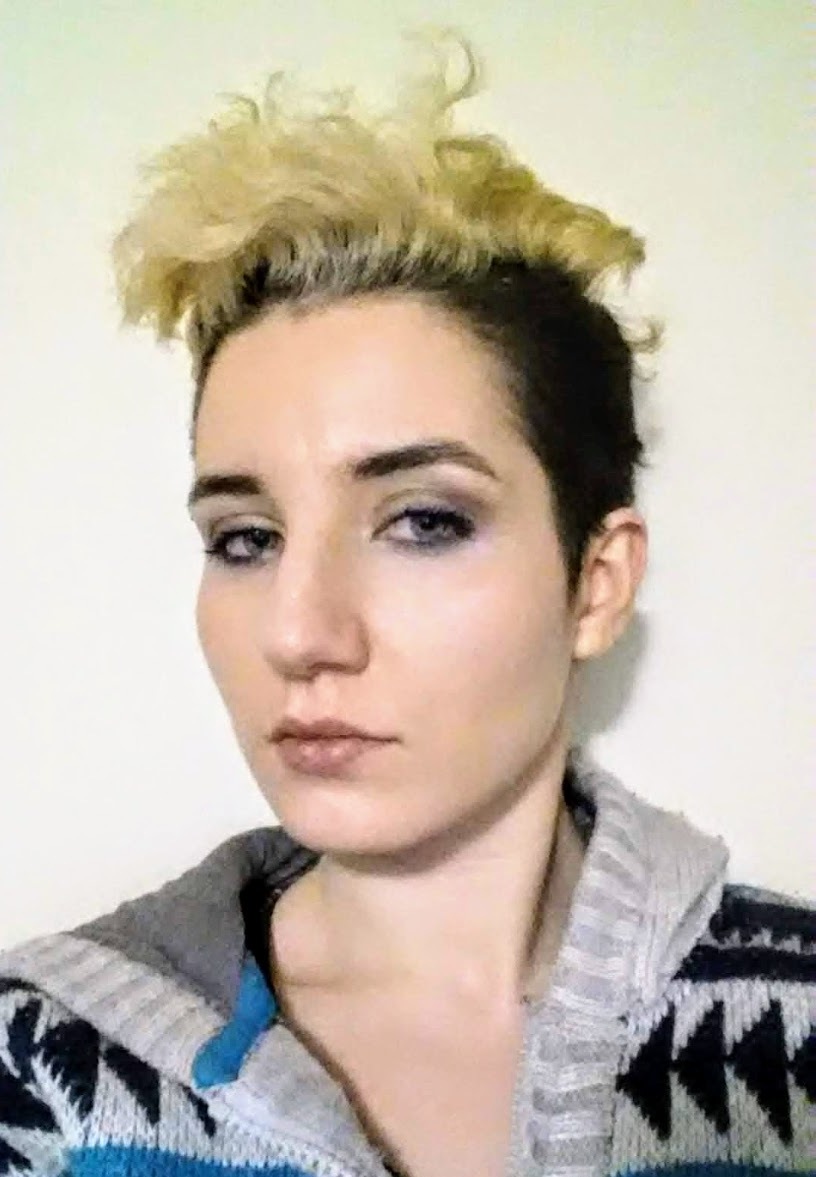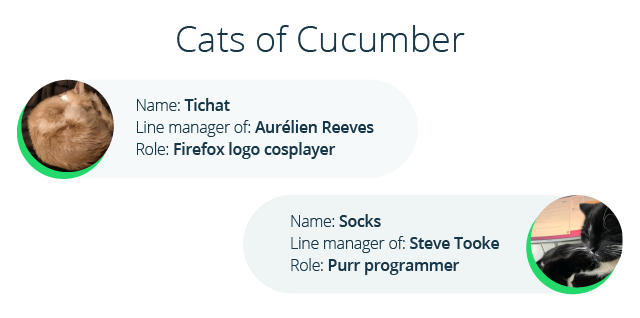We took a month off and we’re back with a jam-packed newsletter. Let’s go!
- State of the Cucumber
- Meet a Cucumber User: Mona Ghassemi thinks critically
- Cats of Cucumber: Two of our fuzzy overlords
- Competition results: Who won a book?
- Fun and useful links: The writing edition
State of the Cucumber
Lots to report at Cucumber School! For a start, chapter 5 and 6 of C#/.NET are now available.
And If you know a business analyst or a product owner who’d like an overview of BDD, we have a FREE course for that!
Over at the blog, Matt Wynne announces he’s now the co-lead for Cucumber Open. He includes a photo of a raccoon. Meanwhile, Seb Rose wants to tell you about Gherkin rules (without any raccoons) and asks a lot of questions about test automation: namely, why should automation be done by the dev team? And isn’t the business readable documentation just overhead?
If you have opinions about any of this, come on over to the Cucumber community Slack and tell us!
Meet a Cucumber user: Mona Ghassemi

We spoke with Mona Ghassemi, a Lead Automation Engineer at Rally.io. Mona’s an excellent teacher whose teaching experience includes qualitative research methods, anthropology, and English as a foreign language.
How does Cucumber improve your life?
Cucumber is more than a tool for automation - it’s a tool for collaboration. Cucumber allows me to think about the behaviour of the system under test without worrying about our implementation, and easily share my understanding of the specification with the teams I lead, regardless of their technical proficiency.
While our team evolves to full BDD-mode, Cucumber helps me create Gherkin scenarios before a feature is ready, and improves my confidence in sharing and collaborating with the team before we test. In addition, the Cucumber open source community is a key asset for any automation leader looking to collaborate, network, and advance their skills.
Your background is an intriguing combination of computer science, biology, teaching, and anthropology. How did you end up in QA?
I’m passionate about teaching others, but full-time teaching jobs are hard to come by. I had no idea what QA was, as my B.Sc. Computer Science program focused more on research and theory than on the software development process. I fell into a QA and support specialist role, and the CTO who hired me later said I got the job because of my critical thinking skills. Our other experiences always give us different perspectives, which is why diversity is so important.
One of your side projects is a version of the beloved Magic 8-Ball. Have you ever taken its advice?
Oh, that little thing? I made that in the months leading up to my first industry job, when I started teaching myself Javascript. This silly little project is potentially a fun interactive feature for visitors. However, most of the decisions I’ve had to make have been far too important to leave up to the whims of a random number generator!

Competition! Win a book
In our last issue we were giving away copies of Formulation by Seb Rose and Gáspár Nagy. Our three winners all entered in gherkin syntax:
- James Cordell
- Aman Garg
- Mona Ghassemi
Congratulations! We’ll ping you on the community Slack and get you the code. If you didn't win, you can still pick up a copy - visit the website for details. (The Kindle version might be on sale!)
Fun and useful links: The writing edition